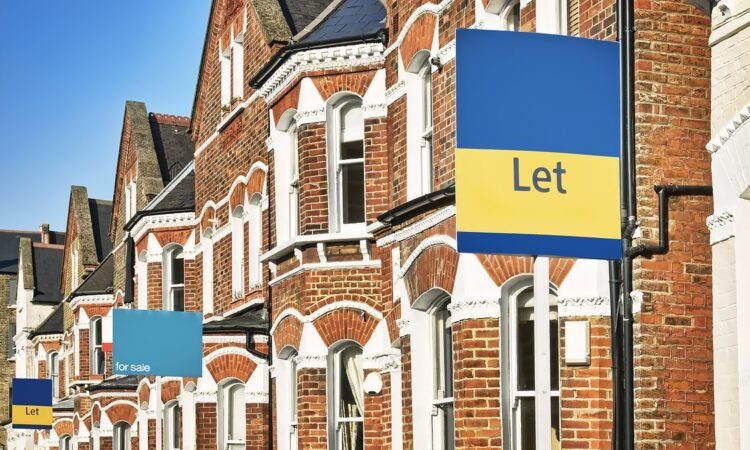
- Number of homeowners taking in a lodger is up 89% in three years
- Some people are renting out rooms as a way to afford to stay in their homes
- Average cost of renting a room in Britain is £739 a month, says SpareRoom
The number of homeowners taking in a lodger has jumped 89 per cent in three years, according to new data.
The findings by the flatshare site SpareRoom found that numbers had increased by this amount when comparing January 2024 with January 2021.
It comes as the average amount a lodger pays to rent a room increased to £739 per month at the end of 2023, up from £658 at the end of 2022, a rise of 12 per cent.
It said that January is a busy month for the site, as people look to rent out their spare rooms to make extra income after the financial strain of the festive period.
However, it suggested that the high cost of living, compounded by high mortgage rates in 2023, means people are looking for ways to make extra money to afford to stay in their homes.
With this in mind, it called on the Government to increase the threshold in its Rent a Room scheme.
It currently allows people to earn up to £7,500 a year tax free by renting out a room in their home, but SpareRoom wants it to up this limit.
SpareRoom said that this would not only helping struggling homeowners, but would also create desperately needed supply in the rental market.
Matt Hutchinson of SpareRoom, said: ‘Living costs have soared recently, and the start of the year is always a tough time as people face the financial hangover from the holidays, alongside increased heating costs and bills.
‘So, it’s no surprise the number of homeowners looking for a lodger has spiked in the first week of 2024.
‘Particularly when you look at how much you can earn by renting out your spare room.
‘You’d have to work a lot of hours in a second job to come close to the income you can earn from a lodger.’
Adding to the rental supply
Mr Hutchinson added: ‘The good news is, all these extra rooms are really helping to add supply to the rental market, which has been in decline for several years.
‘If Government wants to help both homeowners and struggling renters, they should seriously consider increasing the tax threshold for the Rent a Room Scheme, an incentive specifically designed to encourage people to rent out their spare rooms.
‘It’s a real win-win policy, and there aren’t many of those around at the moment.’
Average room rents
The latest SpareRoom UK Rental Index shows the average rent on a room in the UK now sits at £739 a month.
However, it varies across the country from £533 a month in the North East to a significant £1,014 a month in London.
The Rent a Room scheme allows a homeowner to let out to a lodger a furnished room in their main residence while they are living in it and not pay any tax on the income, providing it does not exceed £7,500 in any tax year.
If you are letting the room in a property you own jointly with another person, you can earn £3,750 each.
You don’t even have to be the owner of the property to take advantage, although you will need to get permission from your landlord if you are the tenant.
And if you earn more than the threshold, you’ll have to complete a tax return and choose to opt into the scheme to claim your tax-free allowance – and then pay tax on anything above it.
Estate agents agreed that increasing the tax relief would be a welcome move for homeowners and renters.
North London estate agent Jeremy Leaf said: ‘It is a good idea to make renting a room more attractive as the pressure for rented accommodation, particularly last year, was intense.
‘Supply couldn’t meet demand with landlords leaving the sector, usually for tax and regulatory reasons, as well as high mortgage rates, and the net result was rents kept going up and up.
‘Subsequently, short-term rental platforms such as Airbnb have become much more popular but they can also be expensive. The rent-a-room scheme offers a more flexible approach for all parties so it can definitely fill a gap in the market.
‘However, it is very important that regulation is robust to protect all parties, so that homeowners can get their properties back to themselves when they want and tenants can be happy that their accommodation is of appropriate quality as well as meeting health and safety standards.’
